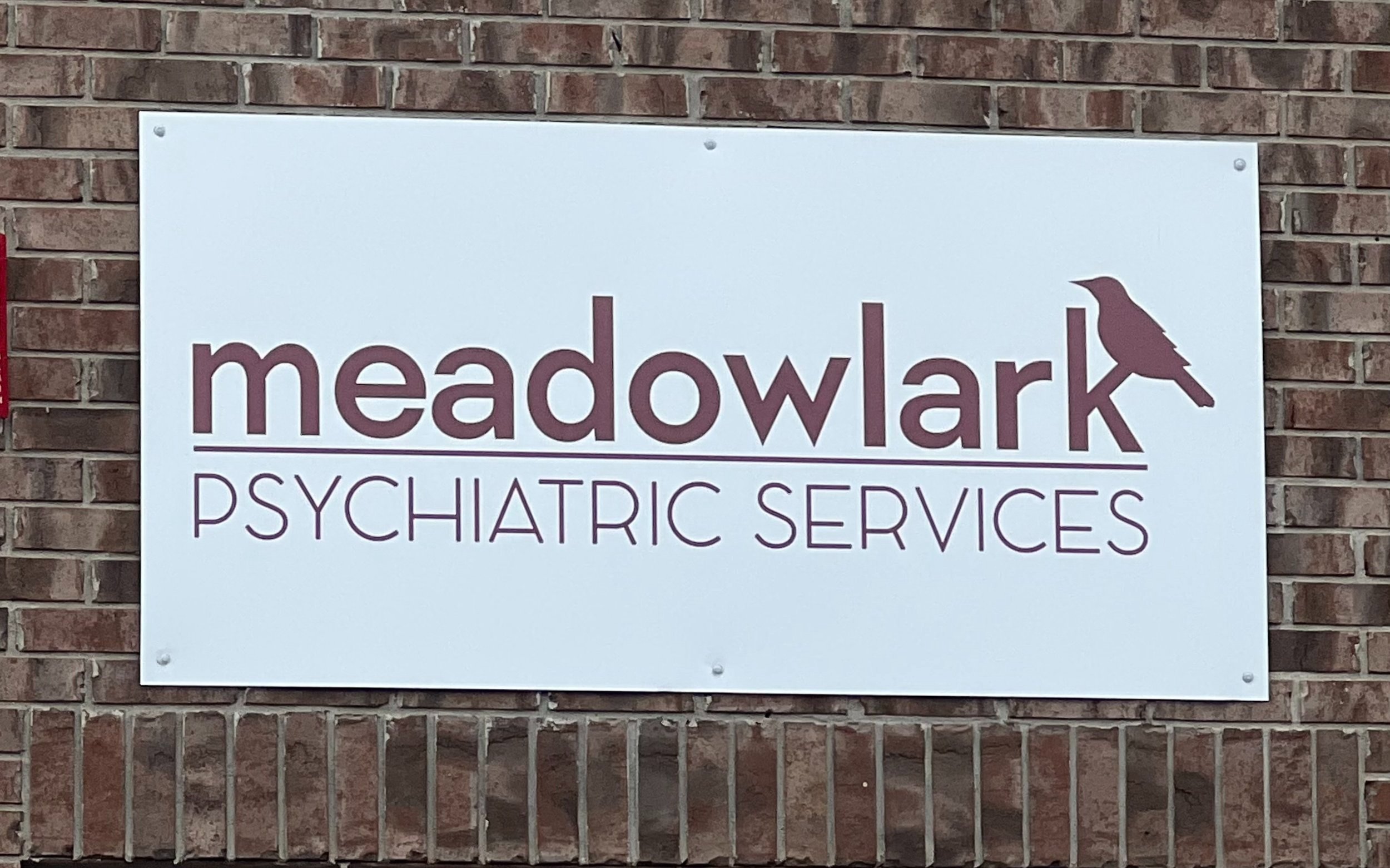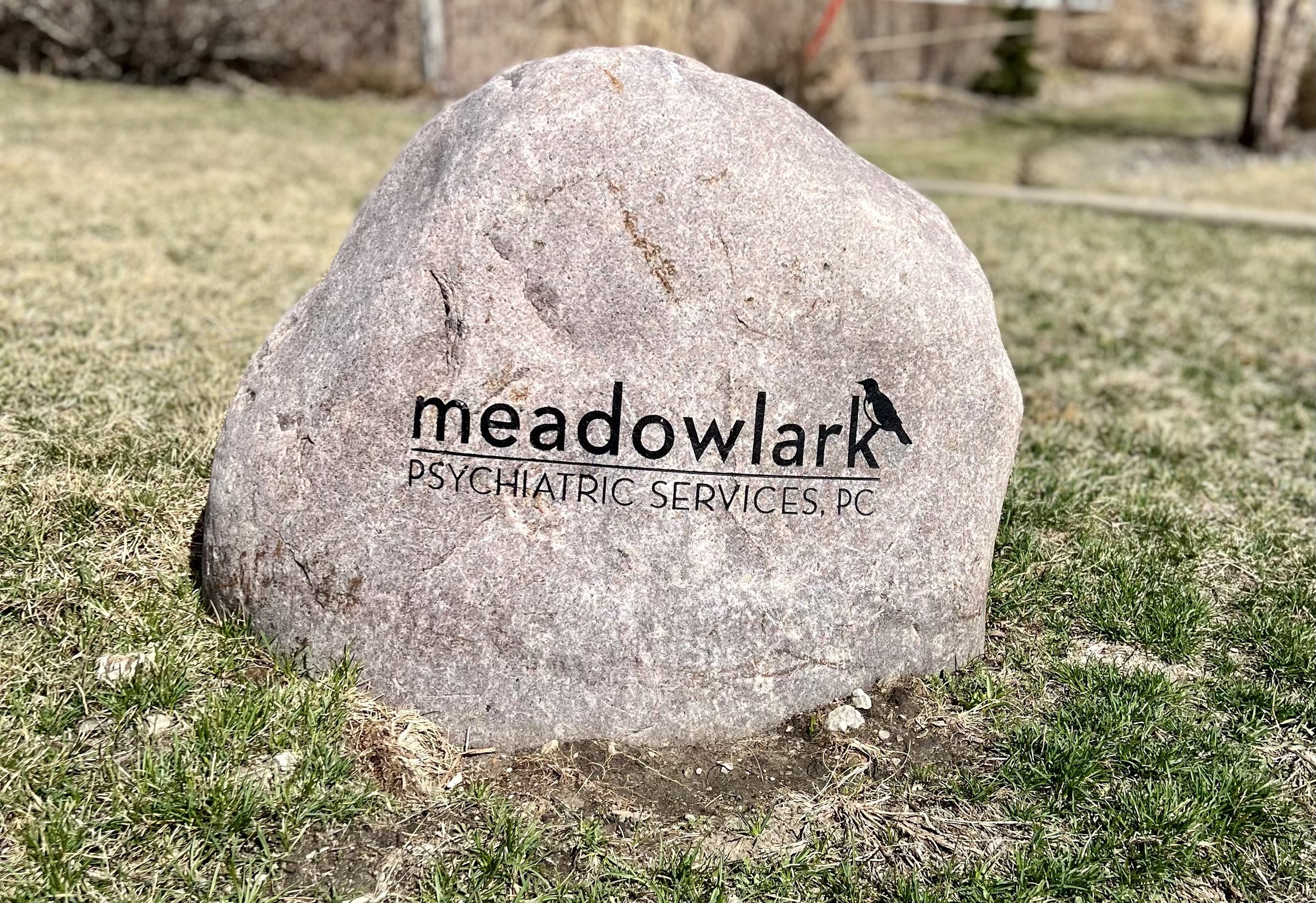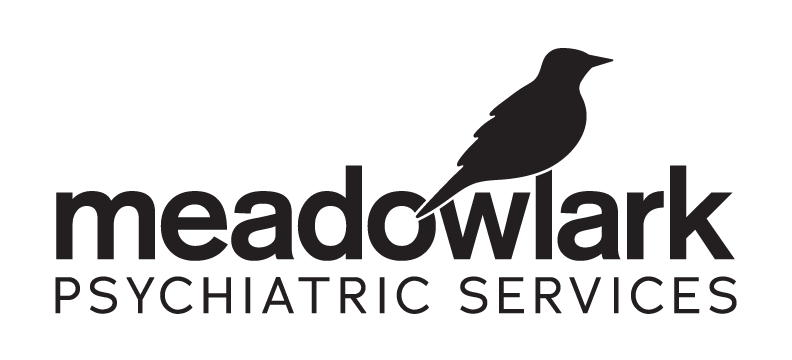Frequently Asked Questions
(319) 626-3300

FAQs
-
The purpose of each appointment is to use state-of-the-art, evidence-based treatments to help you define and reach your mental health care goals.
There are several different appointment types that can help accomplish this:
Initial Appointments (also called Intakes): These are scheduled for a longer length of time. You and the clinician will review your concerns, your physical and mental health history, your current and past treatment, and other aspects of your life and well-being that can be contributing to your current mental health. Your clinician will suggest an initial plan, help identify treatment options, and discuss additional testing or information that may be necessary to obtain.
Medication Follow-up Checks: These are shorter appointments with your medical clinician to “check in” on your medications and your response to them. This visit will also make sure your other treatments (talk therapy, group therapy, exercise, lifestyle / habit changes, work accommodations) are all in line with your goals. Follow-up Checks can also be used to re-assess your current state and fill out forms for your work, school, and government programs as may be necessary. Some clinicians combine these medication appointments with features of Therapy Appointments as well.
Therapy Appointments (also called Talk Therapy, Psychotherapy, Counseling): In these appointments, your therapeutic clinician will employ techniques of psychotherapeutic talk therapy and counseling to allow for a reduction in your symptoms and to make positive changes in your life. Each of our therapists uses a variety of tools and approaches to help people achieve mental health goals. Over time, you and your therapist clinician will tailor these techniques according to what works best for you.
Psychological Testing Appointments: During these appointments, you will meet with a psychologist who will use tools and tests to see how your brain processes information and help clarify your diagnosis and identify areas of strengths and concerns. Because some of these tests can be time-consuming to administer, we set aside more time, up to four hours, to complete everything needed. Our billing staff will work with you ahead of the appointment to make sure you understand what your insurance will cover and at times we may need a deposit from you before testing can begin. Sometimes, an insurance company will require an Initial Appointment (Intake) with our psychologist before a subsequent Psychological Testing Appointment can be scheduled. Again, our expert billers and schedulers will help make sure your time and resources are respected.
-
Psychiatrists are primarily trained in medication management of psychiatric disorders and may also provide psychotherapy, whereas Psychologists and Therapists provide a more in-depth counseling experience. Therapy appointments tend to be longer, with appointments at more regular intervals. Patients may request additional psychotherapy during or after an appointment with their psychiatrist in order to manage current issues, or to talk with a therapist in order to determine whether talk therapy would be helpful and appropriate for them.
-
Psychotherapists may have obtained one of several degrees that are qualified to provide psychotherapy. Examples include a licensed social work degree, a masters degree, or a PHD in psychology.
-
In addition to a four-year college degree, a psychiatrist completes four years of medical school and a four-year residency training program. Additional training is required for psychiatric specialties such as child psychiatry.
-
Our clinicians will work with you to determine a treatment plan that meets your needs without reducing your overall quality of life. You will find your clinician is very sensitive to specific problems you have with a medication.
-
Psychiatrists are trained experts in the prescribing of antidepressants, anxiety medication, attention deficit hyperactivity disorder (ADHD) medication, antipsychotic medication, and mood stabilizers to name a few.
-
Many psychiatric disorders are successfully addressed through medication. Categories include depressive disorders, anxiety disorders, bipolar disorder, attention deficit hyperactivity disorder (ADHD), psychotic disorders and many others.
-
Counseling or psychotherapy is known to be effective at addressing symptoms of depression, anxiety, relationship issues, trauma, and many other psychiatric and psychological illnesses.
-
Not necessarily. If a friend or family member is able to provide helpful information it may be helpful to bring them along. A signed release of information will need to be completed for us to release any information to anyone. Anyone under the age of 18 must be accompanied by their legal guardian for initial assessments and any appointment involving medication prescribing.
-
Your clinician will likely ask many questions about your past history but any topics that are too sensitive are free to be kept private at any time.
-
Appointment times vary according to the type of service required. From relatively short medication checkups to longer initial assessments and psychological testing. For additional information, please talk to our expert schedulers or your clinician.
-
Counseling is the process of working on symptoms and psychological issues via talking to a trained therapist usually in 50-minute increments.
-
At the start of treatment, our psychiatric clinicians will meet with you, review records from previous clinicians, get input from school and family, and conduct a diagnostic interview with the patient and any family members present. For children, at least one parent or legal guardian is expected to be at the interview. From this information, the psychiatric clinician will discuss potential diagnoses and treatment options, and plan follow up care, including possible referrals to therapy or psychological testing.
Psychologists use evidence-based professional assessment techniques to guide patients through a series of tasks, activities, and direct testing to assess cognitive and behavioral functioning, in addition to reviewing records and input from school and family. Diagnoses may include Autism Spectrum Disorders, Learning Disabilities, Mood/Anxiety/Temperment Disorder and Attention / Focus Disorders. Psychologists interpret these results and make recommendations for interventions and treatment.
-
Meadowlark psychologists interview the individual and caregivers to get an understanding of their concerns. Using evidence-based professional assessment techniques, they will guide patients through a series of tasks, activities, and direct testing to assess cognitive and behavioral functioning.
Testing appointments can range from 3–6 hours in length.
Afterward, the psychologist analyzes the results, helps to put these results into appropriate context, and works with individuals and caregivers to explore any necessary treatment options, including therapy, skill building, school collaboration, and possible medication management referrals.
In addition, they will create a report of findings, which will include the psychologist’s expert conceptualization of the strengths and weaknesses found and the recommendations for future intervention.
Click Here to Schedule Testing -
PAs (physician associates/physician assistants) are licensed clinicians who practice medicine in every specialty and setting. Trusted, rigorously educated and trained healthcare professionals, PAs are dedicated to expanding access to care and transforming health and wellness through patient-centered, team-based medical practice.
-
Advanced Registered Nurse Practitioner. A licensed ARNP may: Examine patients and establish diagnoses by patient history, physical examination and other assessments.







